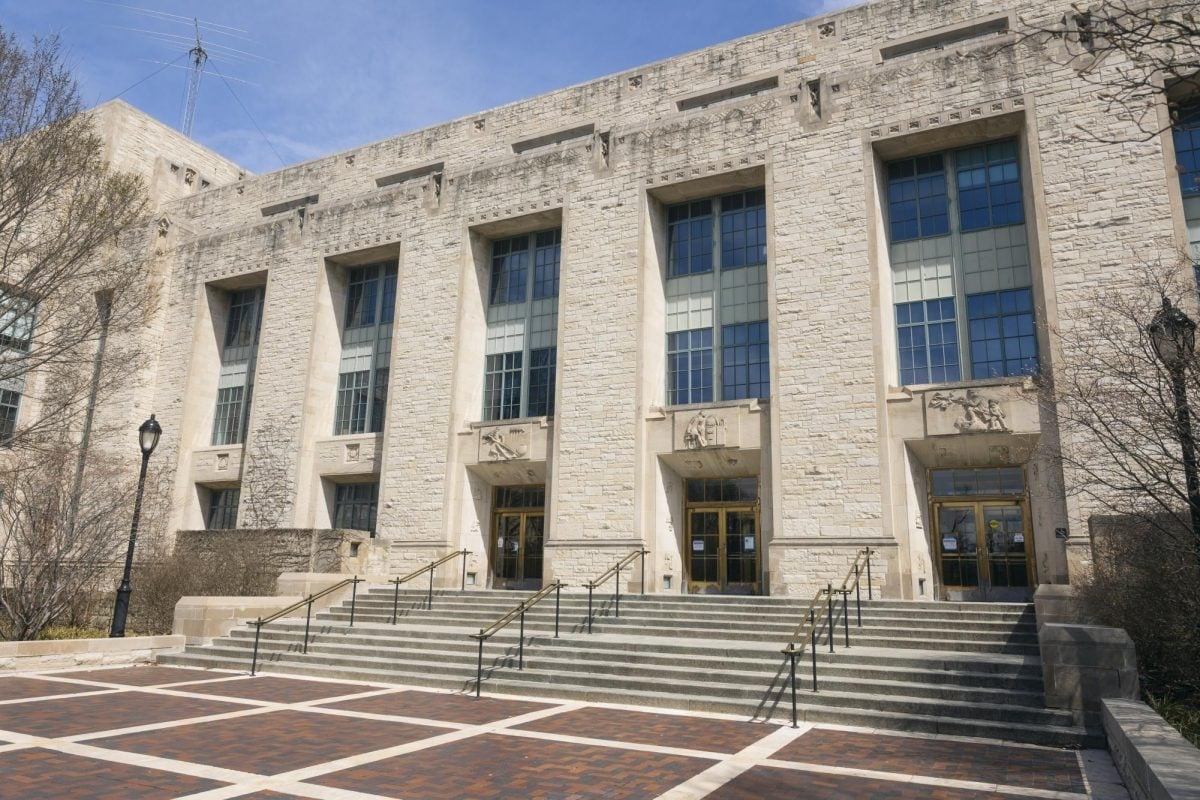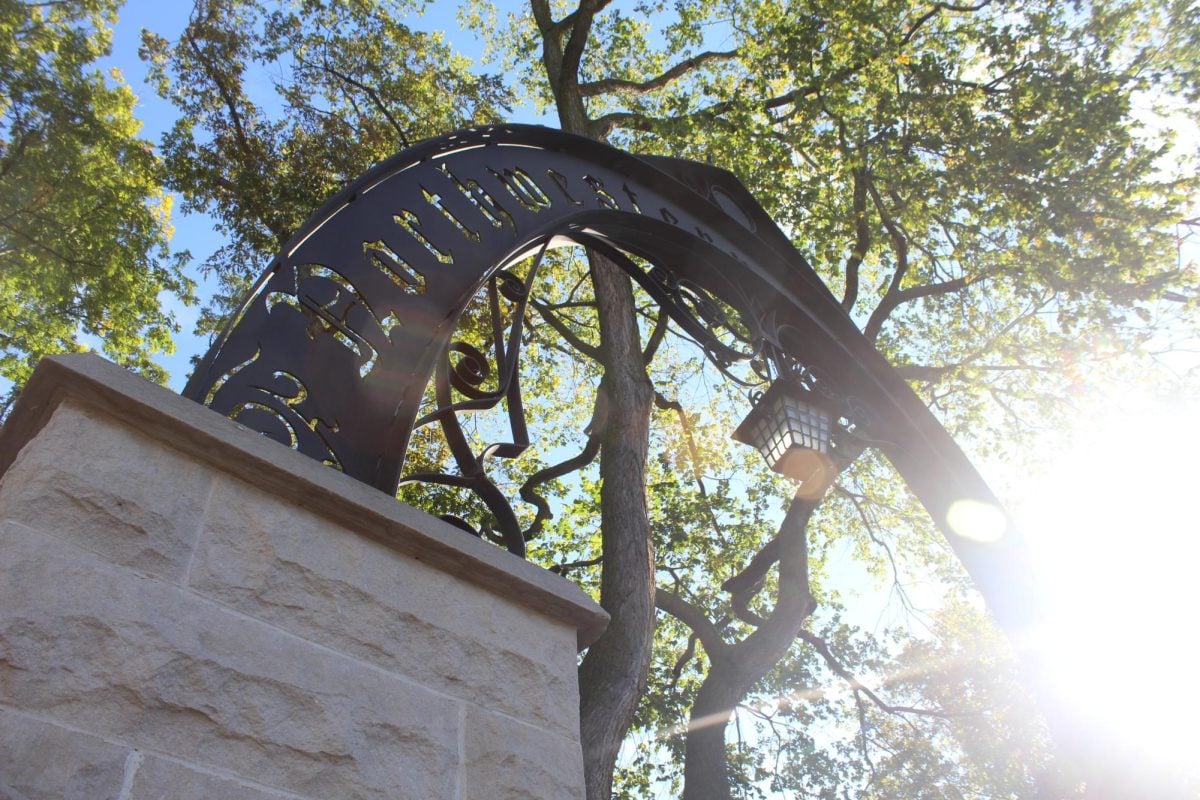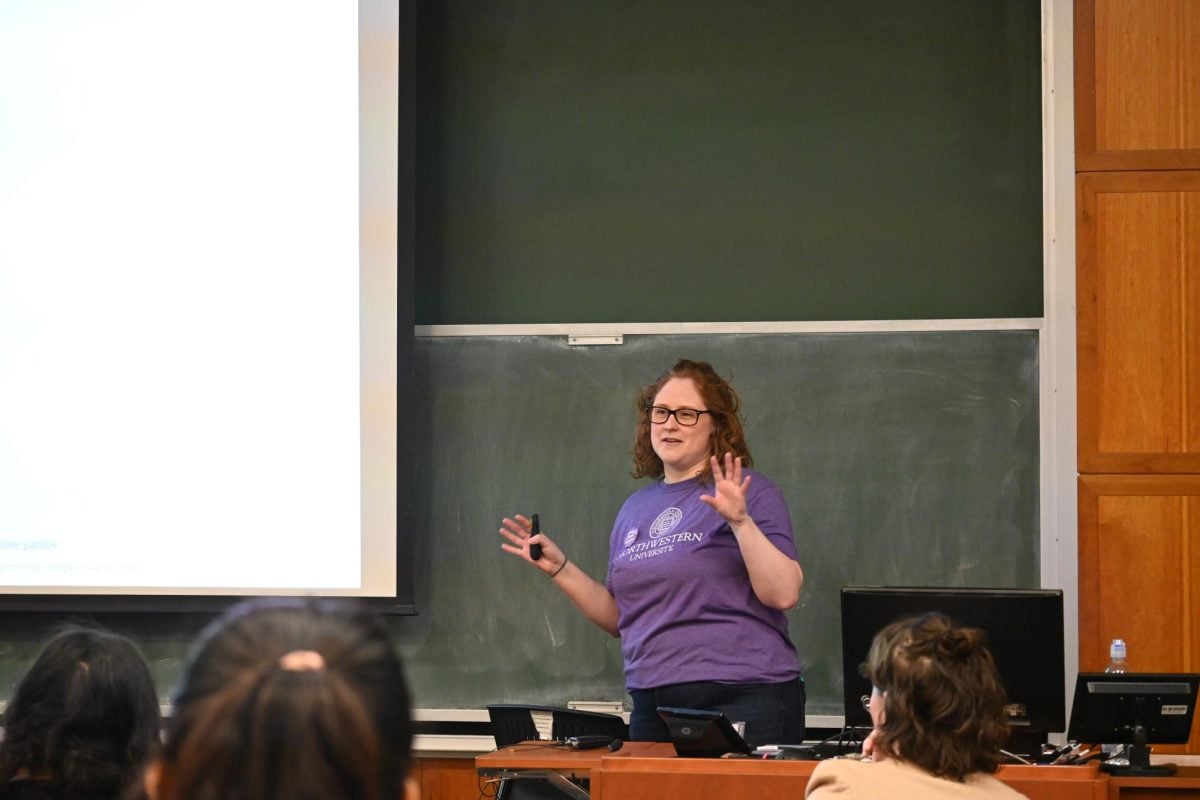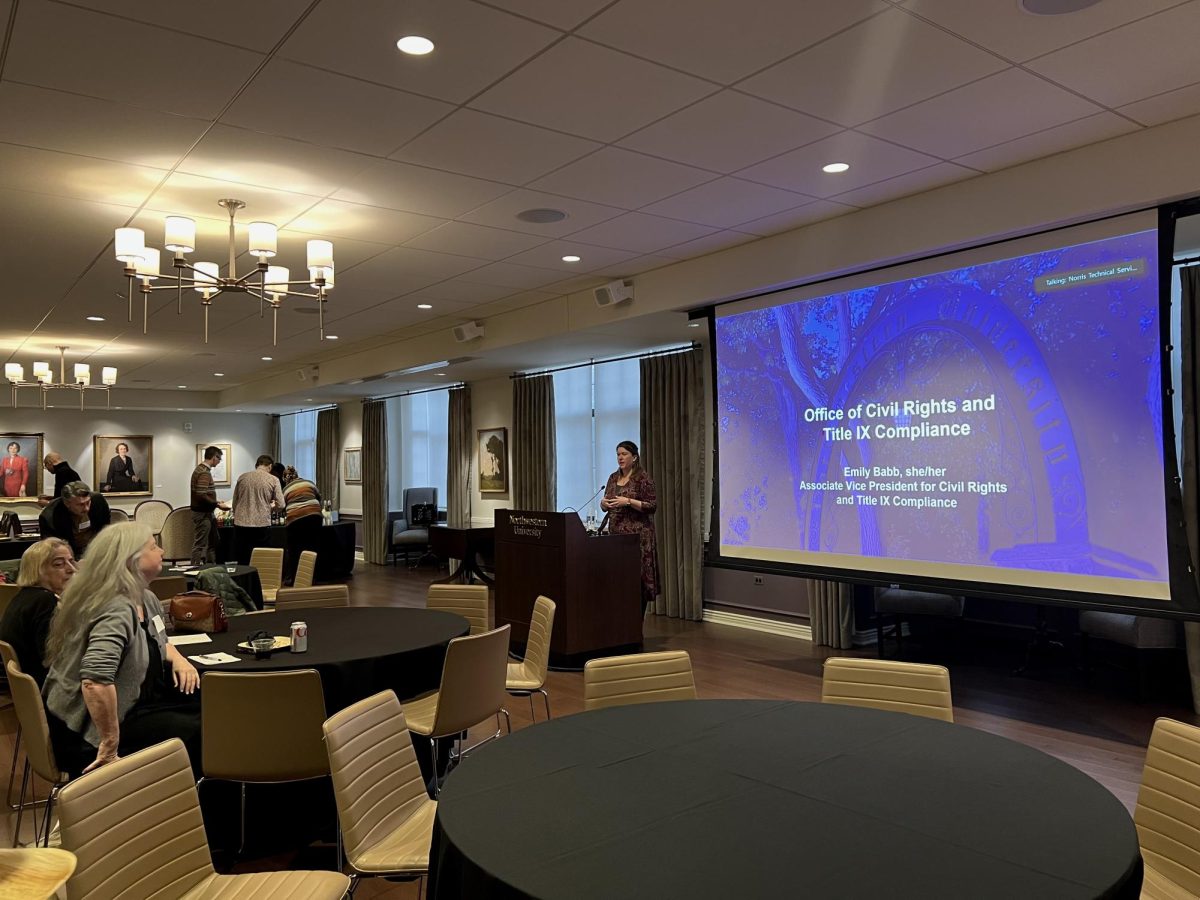Law schools are looking at applicants’ digital profiles through Google and Facebook more than other admissions offices are, according to a study by Kaplan Test Prep.
The study, released Oct. 24, surveyed undergraduate, business school and law school admissions officers from 359 different schools.
More than 40 percent of law school admissions officers reported they used social networking sites to learn more about students, almost double the 20 percent of undergraduate admissions officers and 27 percent of business school admissions officers who reported doing the same, according to the study.
“When you take a step back and look at what law schools do, it makes sense that they would utilize technology,” said Jeff Thomas, director of pre-law programs for Kaplan. “They are the gatekeepers of the law profession. They decide who is going to become attorneys. “
Johann Lee, Northwestern University Law School’s assistant dean of admissions and financial aid, said NU does not check the digital trails of applicants because of the high applicant pool but believes other schools do it because they can.
“If there’s a question about a person’s application, sometimes it’s easily verifiable by the Internet,” Lee said.
Thomas said because members of the legal profession are held to higher ethical standards than those of most other professions, it is important for law schools to further evaluate applicants’ characters. Even after an applicant has been admitted to law school, graduated and taken the bar exam, he or she must pass a character and fitness interview, Thomas said. The same concept justifies the Google and Facebook searching of law school applicants.
“It’s an evaluation of your life thus far,” he said. “They want to make sure you exercise moral and ethical behavior. They’re looking for anything concerning that would prevent you from being able to practice law.”
Some NU students said they are not surprised by the measures taken by admissions officers.
“I was raised knowing that anything you put on the Internet doesn’t go away,” Medill senior Laurel Stankus said. “Even if you write an angry blog post and delete it.”
In a separate survey of 869 students who took the October LSAT, Kaplan found 77 percent objected to admissions officers including their online personalities in the application process, while only 15 percent of the students said they might have information online that would negatively affect their chances of admission.
Stankus said while she feels it is a slight invasion of privacy to have admissions officers search for her online, she has tried to make sure her online profile is clean as well as relevant.
“I’ve been trying to keep up with good practices,” she said. “Making my Facebook private, watching what I tweet on Twitter, generally making sure that when you Google me you come up with not only things that are good about me but that are actually about me. Nothing’s worse than Googling yourself to find out you were a serial killer 40 years ago in Nebraska.”
Law schools not only have the highest prevalence of admissions officers who search applicants’ online profiles, but they also have the highest prevalence of finding information damaging to a student’s application and character, according to the study.
Weinberg senior Ali Sikander, president of the pre-law fraternity Phi Alpha Delta, said he is surprised law schools have the time to do Internet searches on applicants. He said while he does not believe he has any damaging information on his Facebook, knowing about admissions offices’ practices does make him cautious.
“It’s slightly limited, so I’m not sure how they go around those loopholes,” Sikander said of his Facebook profile’s privacy settings. “But I suppose I would still exercise caution. I wouldn’t post photos detrimental to my admission or post discussions of anything suspicious.”
The study reported 32 percent of law school admissions officers said they found something that negatively influenced an applicant’s admission, compared to 14 percent of officers from business schools and 12 percent from undergraduate schools.
Thomas said not all law schools are doing online searches.
“Students still need to worry about their LSAT, GPA and personal statements,” Thomas said. “That’s where students need to spend most of their time because that’s what tells the true story.”
Thomas said while the use of technology to check applications is a rising trend, applicants should not rely on a pristine digital trail to be the key to their admission.
“As long as you do your due diligence, set privacy settings appropriately, make sure only those you know will have access to that material, remove any inappropriate pictures (your online presence will not hurt chances of admission),” Thomas said. “(Admissions officers) don’t have a magic wand to get behind walls and barriers.”













